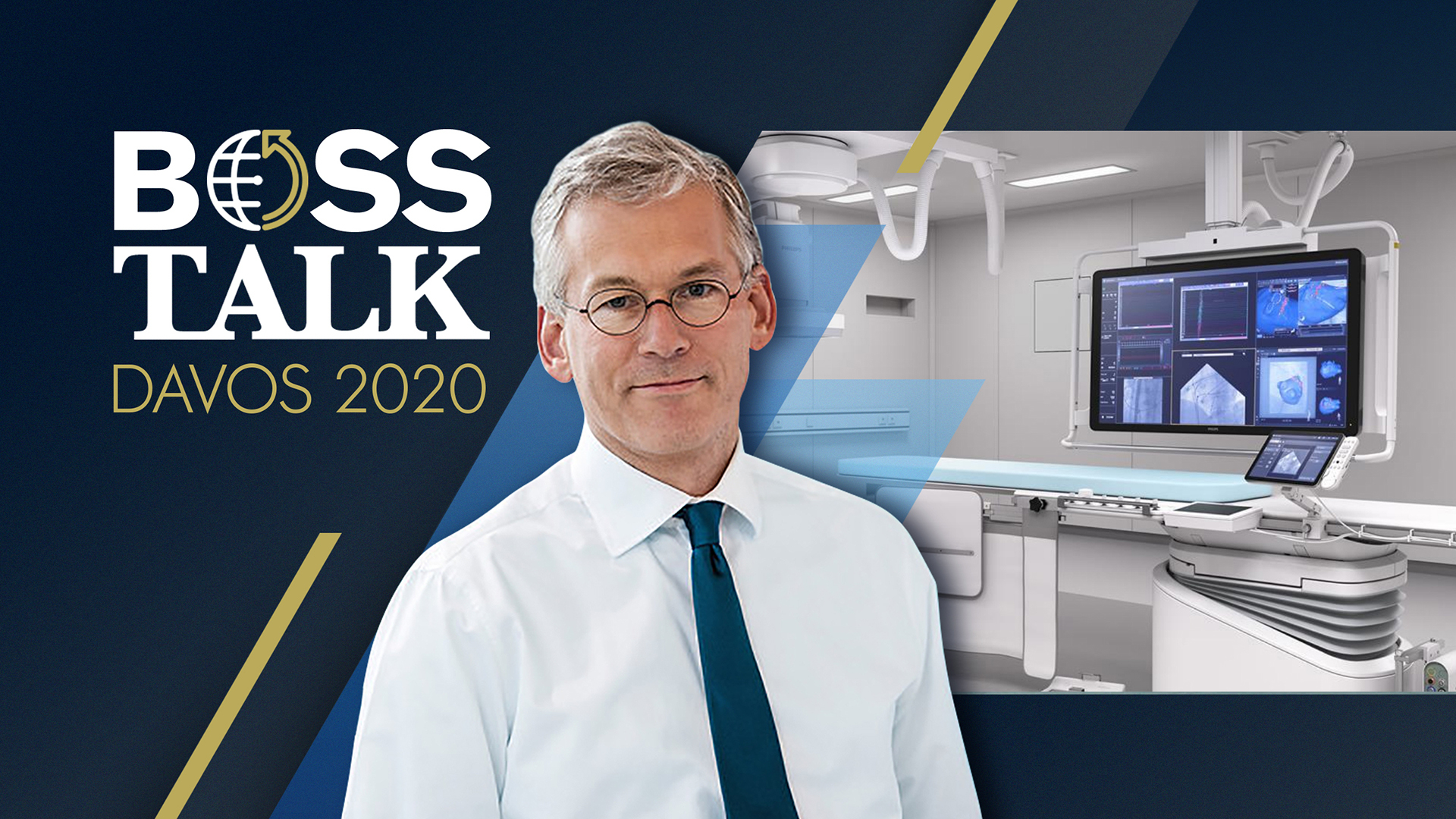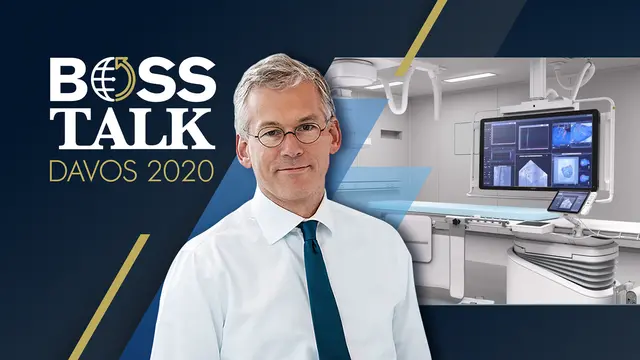
Over the last few years, Philips has become a company focused on health technology as people all around the world look for new ways to proactively monitor and manage their health, and resource constraints drive a shift to value-based healthcare. That's according to Frans van Houten, the CEO of the Dutch company Royal Philips, which is known around the world as Philips.
The company views healthcare as a "connected whole" to unlock gains and efficiencies and drive innovations: enhancing the patient experience, improving health outcomes, lowering the cost of care, and improving the work life of care providers.
Positive 2020 development
Looking ahead for 2020, Houten said the world is not an easy place to do business with all the geopolitical tension; these duties also affect Philips. Nonetheless, he believes the situation will get a little better in 2020 and is optimistic about Philips' ability to help the world improve healthcare.
"Supply chains in health technology are very complex, especially in a regulated industry. We had just to absorb some of the consequences. Personally, I'm a believer in globalization. It has brought hundreds of millions of people out of poverty. The interdependence of the world is just a fact," Houten added.
From volume-based to value-based
One of the company's philosophies is to put the patient at the center, which includes precise diagnosis first then the right treatment. That requires advanced technologies like data science, big data and artificial intelligence at the point of care, which can help to support caregivers and also empower consumers to better deal with their condition.
"Philips brings these platforms for cardiovascular disease and respiratory disease so that we can optimize these pathways. There's a lot of demand for that," Houten said.
Encouraged by Healthy China 2030 strategy
Houten said he's encouraged to see that Chinese authority came up with the Healthy China 2030 Initiative to improve patient access and affordability to healthcare. "I think it is important because there's so many people, the capacity to support people with an aging society and more lifestyle diseases is not easy."
The company is working very hard to bring these advanced systems and informatics solutions in China. The Philips Research China center includes departments like clinical solutions, big data and analytics, and personal health, covering wide-ranging issues from Intelligent Clinical IT solutions to respiratory health through air sensing and control.
Houten said it would help empower consumers to take care of their own and support caregivers with clinical decision support to diagnose a patient better and faster and make the whole system more efficient.

CGTN's Cheng Lei (R) interviews Frans van Houten, the CEO of Royal Philips, in Davos, Switzerland. /CGTN Photo
A philosophy of sustainability
Talking about the business model transformation, Houten said the company has pivoted to providing healthcare services rather than the traditional way of transactions, like selling products or equipment. That is also in line with the company's philosophy of doing business responsibly.
Circularity is the most important principle among the operation chain. "[The] customer doesn't even have to own the equipment. They can just use it. I can take back the equipment, recuperate all the scans and important materials, and avoid any burden of waste to society. At Philips, we have a zero waste to landfill policy because we believe we should actually embrace this principle of circularity in our business model," he said.
Houten said if the company succeeded in helping customers deliver better healthcare and more productively, then that's the reward, and then everyone would gain. He concluded that that's exactly the way to support a sustainable business model.
A proactive approach to climate change
Climate change is still one of the hottest topics at this year's Davos. Houten said Philips has already integrated sustainability into its development strategy over the last years. "I'm an action-oriented person. I would like to encourage other companies but also governments to embrace these principles of the circular economy," he said.
The Environmental, Social and Governance criteria are a set of standards for a company's operations that socially conscious investors use to screen potential investments. The concept has been almost like a buzzword in the corporate sector for years. Houten said he's encouraged to see more and more investors nowadays making it a serious criteria when they invest.
"Philips is ready. We all have the obligation to be proactive and not look for excuses," he said.
(CGTN)
 简体中文
简体中文

